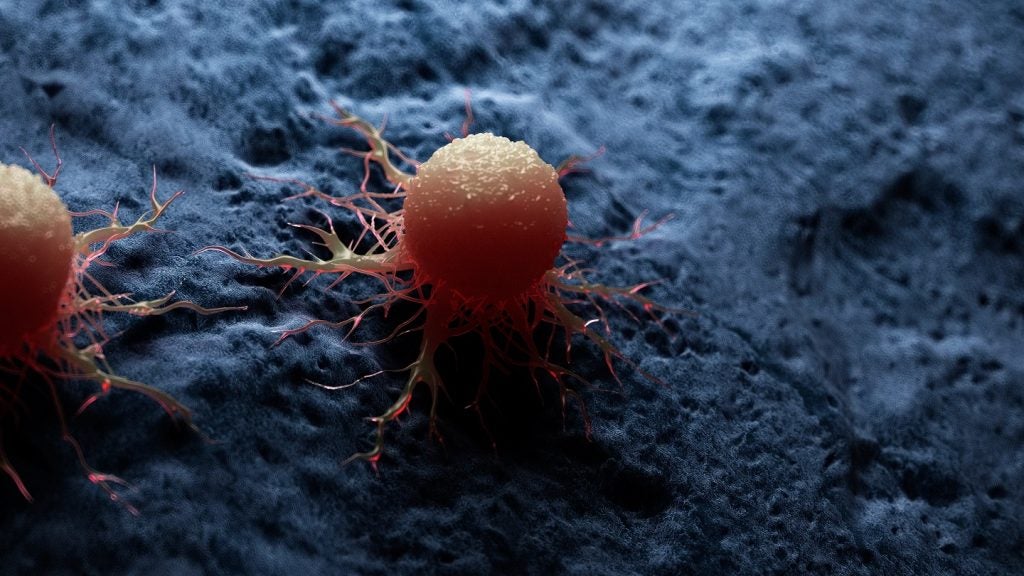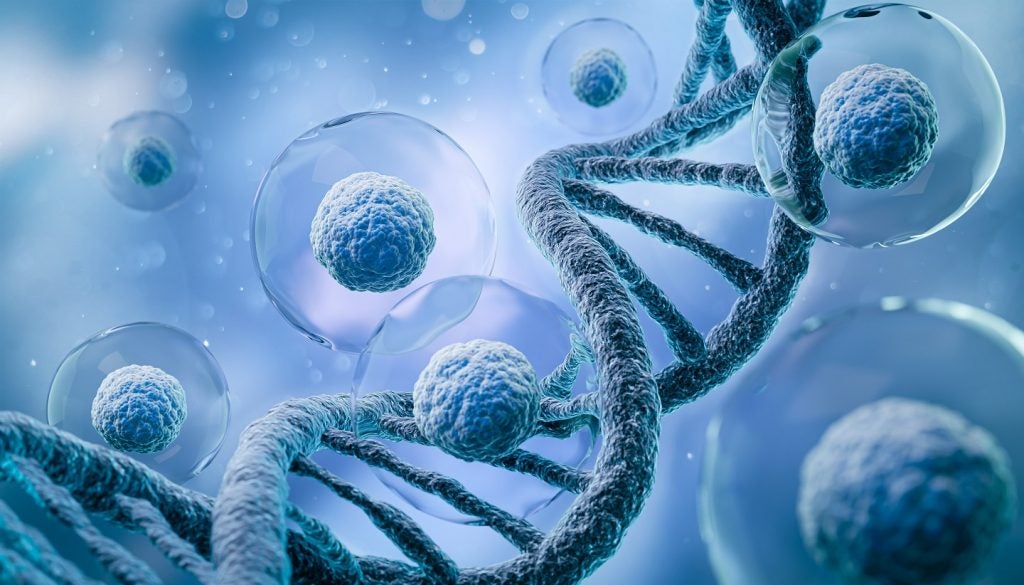Puretech Health has filed a patent for gRNA targeting CD7 for cell modifications. The invention includes genetically engineered cells with CD7 gene modifications for treating hematopoietic malignancies. Claim 1 specifies the gRNA’s targeting domain sequence. GlobalData’s report on Puretech Health gives a 360-degree view of the company including its patenting strategy. Buy the report here.
According to GlobalData’s company profile on Puretech Health, Peptide pharmacophores was a key innovation area identified from patents. Puretech Health's grant share as of January 2024 was 24%. Grant share is based on the ratio of number of grants to total number of patents.
Grna for modifying cd7 gene in genetically engineered cells
See Also:
A patent application (Publication Number: US20240033290A1) discloses a novel gRNA (guide RNA) design for genetic engineering applications. The gRNA includes a targeting domain with specific sequences described in Tables 1-5 or SEQ ID NOs 41-60, 81-90, and 440-775. The gRNA also features complementarity domains, linking domains, and chemically modified nucleotide residues, such as 2'O-methyl moieties, phosphorothioates, and thioPACE moieties. The method outlined in the patent involves producing genetically engineered cells by introducing the gRNA and an RNA-guided nuclease, like CRISPR/Cas nucleases, into cells to create ribonucleoprotein complexes that target specific genomic sites. The genetically engineered cells can be hematopoietic cells, immune effector cells, or T-lymphocytes, with potential applications in treating hematopoietic malignancies.
Furthermore, the patent application describes the resulting genetically engineered cell populations, which exhibit genomic modifications, such as insertions or deletions near targeted sites, affecting the expression of CD7. These modified cells, including hematopoietic stem cells and immune effector cells, can engraft efficiently in recipients and generate differentiated blood cell types. The cell populations may also express chimeric antigen receptors (CARs) targeting CD7, potentially useful in treating hematopoietic malignancies. The patent application also includes methods for administering these genetically engineered cells or cell populations to subjects in need, particularly those with hematopoietic malignancies, along with additional treatments targeting CD7.
To know more about GlobalData’s detailed insights on Puretech Health, buy the report here.
Premium Insights
From

The gold standard of business intelligence.
Blending expert knowledge with cutting-edge technology, GlobalData’s unrivalled proprietary data will enable you to decode what’s happening in your market. You can make better informed decisions and gain a future-proof advantage over your competitors.





